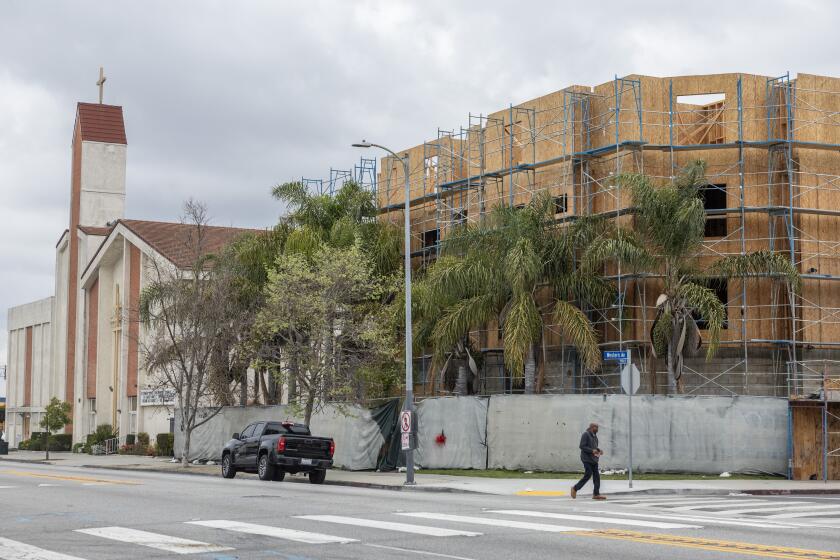No on Proposition 35. It’s not fair to ask voters to decide complicated healthcare tax policy

- Share via
Proposition 35 is the most impenetrable measure on the Nov. 5 ballot. It involves a tax on managed-care organizations, Medi-Cal reimbursement rates for medical providers, federal healthcare funding and the state budget.
For that reason alone, voters should reject it. The average person, no matter how intelligent, can’t become expert enough in a month to cast a carefully considered vote. We elect a full-time Legislature, and allow it to hire top-notch staffers, to make decisions about this kind of granular policy.
From the top of the ticket to local ballot measures, California voters this year are grappling with major decisions that will shape their lives and communities for years to come.
But it’s also worth rejecting Proposition 35 because of what it would do. It would make permanent a temporary tax on managed healthcare insurance plans starting in 2027, and require that all of the proceeds be used on Medi-Cal services and higher reimbursement rates to specified healthcare providers. Currently, lawmakers use some of the revenue from the tax to lessen the burden of Medi-Cal program costs on the general fund.
Asking voters to dictate how the state spends its revenue is ballot-box budgeting. It’s bad policy because it strips lawmakers of the ability to change state spending from year to year depending on current needs.
Proposition 35 is framed as a feel-good measure that would benefit some 15 million Californians who are enrolled in Medi-Cal but sometimes struggle to find doctors to treat them because reimbursement rates are so low. And it probably would, because it guarantees higher Medi-Cal rates for healthcare providers. But it comes at a cost. The state’s Legislative Analyst says the measure will increase state costs — as much as $12 billion in the next three years, and an unknown amount in the future. That’s money that couldn’t be used for other programs and services that benefit all Californians.
AIDS Healthcare Foundation calls this a “revenge initiative,” and we agree. Proposition 34 would change the rules for healthcare providers in ways that seem specifically designed to cut off the foundation’s tenant advocacy.
Proposition 35 is supported by the California Medical Assn., Planned Parenthood, the California Hospital Assn. and just about every group that represents the healthcare providers, as well as a long list of business groups.
There is no organized opposition nor an argument against it in the voter information guide. This is unfortunate because a number of prominent people and organizations do oppose it — and with good reason.
That includes Gov. Gavin Newsom, the League of Women Voters, the California Budget & Policy Center and community health organizations that were left off the list of service providers guaranteed higher funding in Proposition 35. They are worried that state support for community health programs and other valuable services would be cut off.
Proposition 33 goes too far. It includes sweeping language that prohibits the state from imposing any limits on rent controls set by cities and counties in the future, even if they stymie housing construction.
State Sen. Caroline Menjivar (D-Panorama City), chair of the Budget Subcommittee for Health and Human Services, also opposes the proposition, saying it ties the hands of legislators who “could never look at this revenue stream and decide what is best in that moment for California.”
Furthermore, Proposition 35 could jeopardize future funding. The managed healthcare tax revenue is matched by the federal government. If the federal funding formula changes, California could lose out on additional funds for Medi-Cal if there’s a cap on the tax in place.
The current tax will expire in 2026, but there’s no reason to think the Legislature won’t renew it at a level that’s appropriate, and allocate its revenue in a way that meets the needs of the state and public at that time. Vote no on Proposition 35.
More to Read
A cure for the common opinion
Get thought-provoking perspectives with our weekly newsletter.
You may occasionally receive promotional content from the Los Angeles Times.











